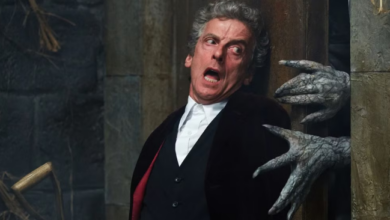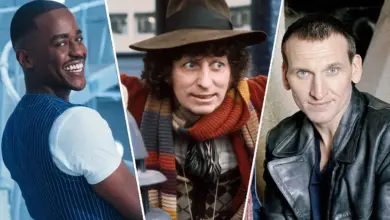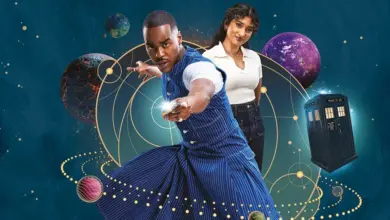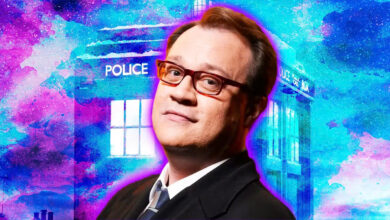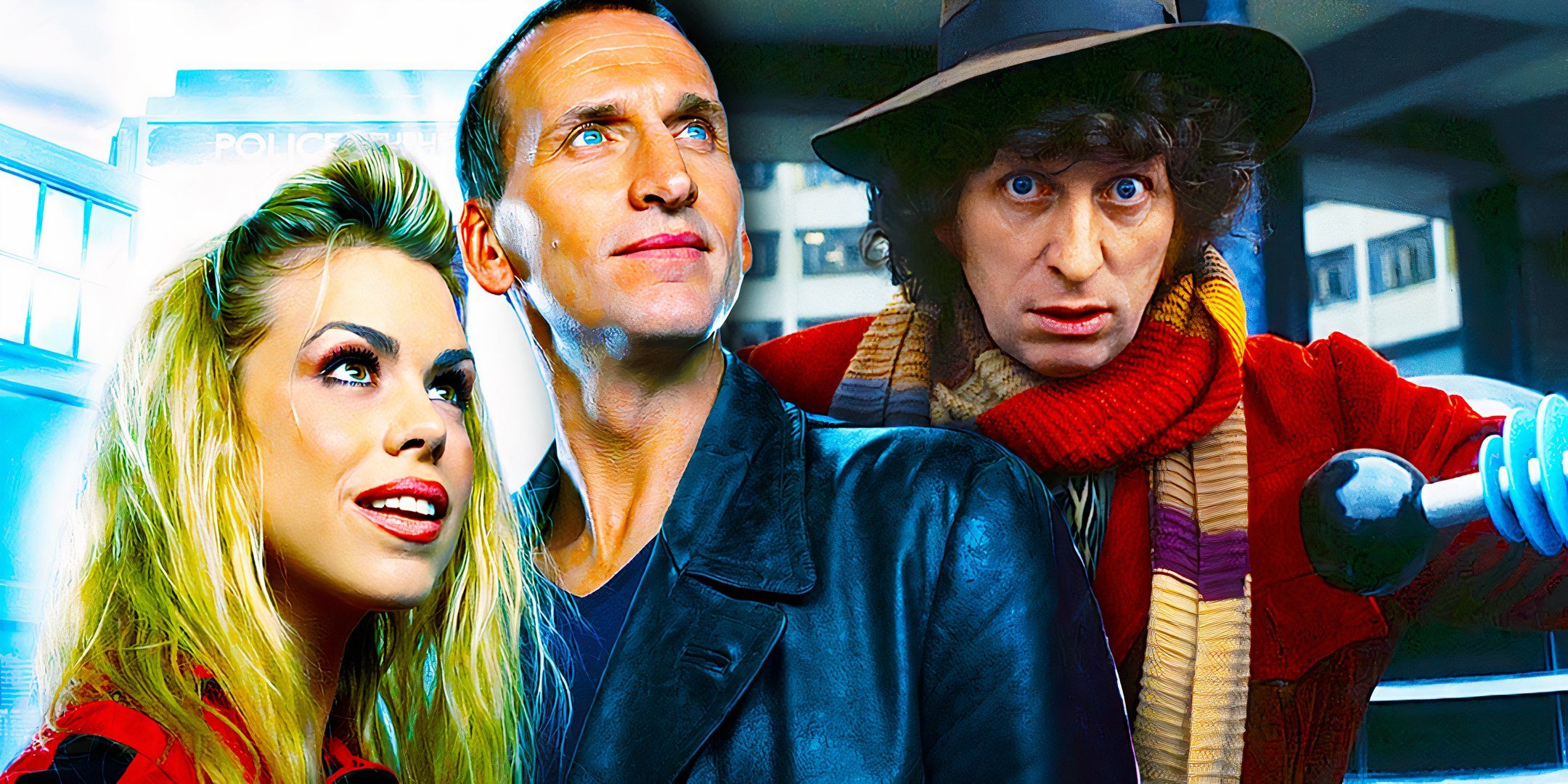
Doctor Who is no stranger to life-threatening stakes, but the 2005 revival set a more personal tone over the original run with the shocking death of Clive. Played by Christopher Eccelston, the Ninth Doctor was fresh off of a regeneration and hit the ground running in the wake of the Time War. He was soon joined by long-term companion Rose Tyler (Billie Piper) and part-time ally Mickey Smith (Noel Clarke). Together, they find themselves embroiled in a plot overseen by the Nestene Consciousness and carried out by its Autons posing as store mannequins. It is Clive, however, that left a mark on countless fans around the world.
Where Rose and Mickey carry over into David Tennant’s Doctor Who era, Clive wasn’t so fortunate. Played by Mark Benton, Clive is introduced as something of an audience surrogate. He is as learned about The Doctor as long-time fans of the 1960s, ’70s, and ’80s eras are. As such, he is a fount of knowledge and thus feels like somebody destined to travel in the TARDIS one day. Unfortunately, in one of many long-running Doctor Who tropes for his first era, showrunner Russell T. Davies had an entirely different fate in mind for Clive, and it was one that set the stage for the future.
Clive’s Death Was A Shocking Moment In Doctor Who Season 1, Episode 1
Clive’s Own Words Turned Out To Be Prophetic
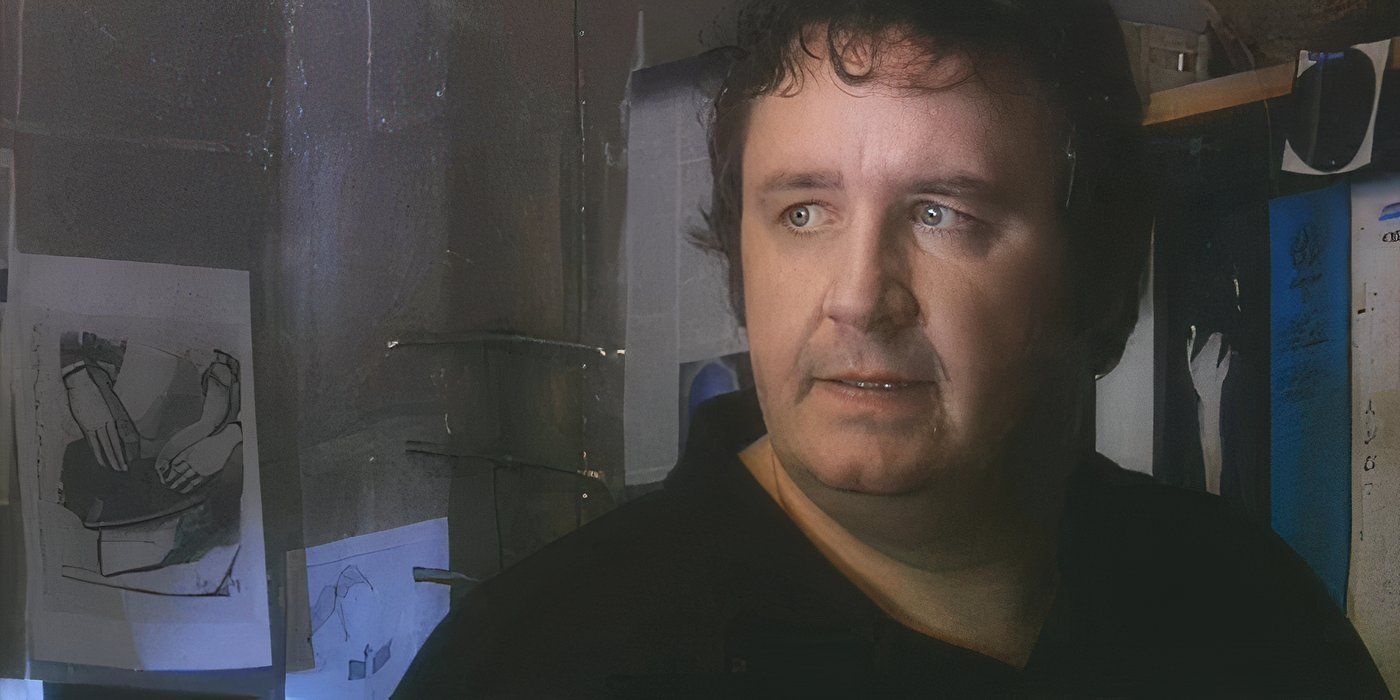
Having tracked The Doctor and his many faces across time and space, Clive was quick to warn Rose. Clive knew that wherever The Doctor went, death and destruction tended to follow. Those words were meant to reflect the danger Rose was in by teaming up with The Doctor. Ultimately, however, it was Clive himself that served as proof of that fact. As the Nestene Consciousness sought to complete its invasion, Clive was gunned down in front of his wife and child. The devastating moment helped to solidify season 1 as one of Doctor Who‘s best seasons due to being utterly gasp-worthy.
Clive’s Brutal Ending Was An Early Sign That Doctor Who’s Modern Era Wanted To Break Your Heart
Clive Was The First To Meet Such A Fate But He Was Far From The Last
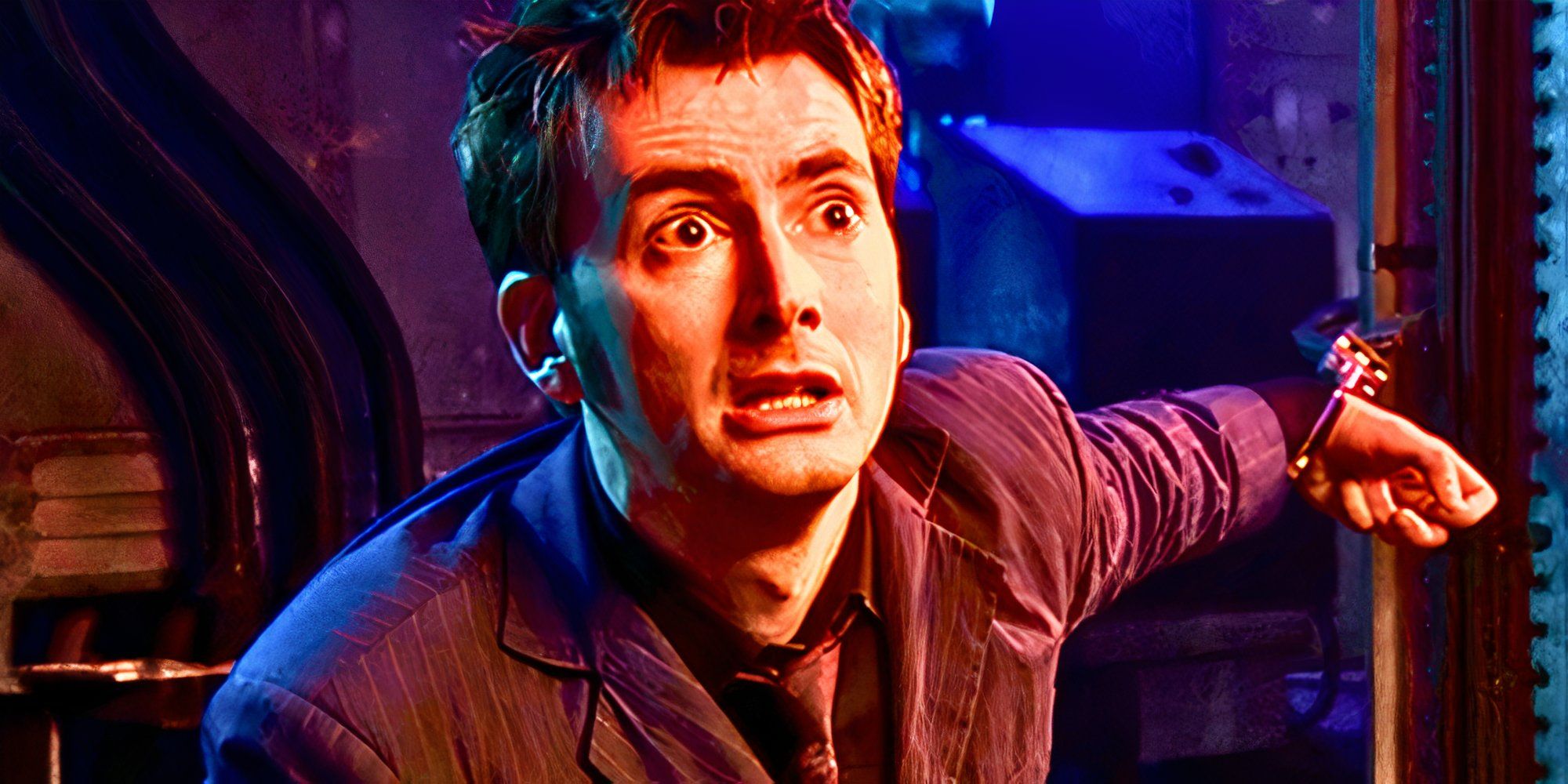
Clive’s death was as heartbreaking as it was brutally unceremonious, to see someone so much like a member of the fandom meet their end. Early on, it punctuated the fact that no supporting character was safe. While The Doctor has a high degree of plot armor, everybody else was fair game — including companions and those with the potential to be. Russell T. Davies struck a chord early and signified that his version of Doctor Who was going to be grounded as much in heart-wrenching personal stakes as it would deliver epic science-fiction spectacle.
| The Doctor (Actor) | Tenure |
| William Hartnell | November 1963–October 1966 |
| Patrick Troughton | October 1966–June 1969 |
| Jon Pertwee | January 1970–June 1974 |
| Tom Baker | June 1974–March 1981 |
| Peter Davison | March 1981–March 1984 |
| Colin Baker | March 1984–December 1986 |
| Sylvester McCoy | September 1987–December 1989 |
| Paul McGann | May 1996–May 1996 (and 2022) |
| Christopher Eccleston | March 2005–June 2005 |
| David Tennant | June 2005–January 2010 |
| Matt Smith | January 2010–December 2013 |
| Peter Capaldi | December 2013–December 2017 |
| Jodie Whittaker | December 2017–October 2022 |
| Jo Martin | January 2020–October 2022 |
| David Tennant | October 2022–December 2023 |
| Ncuti Gatwa | December 2023–Present |
Setting the show apart from the original run, Russell T. Davies could rival The Doctor’s own kill count. Clive was the first of many. Where minor characters from the original run could be thinly drawn, RTD imbued many with humanity and pathos. There was Lynda Moss in Doctor Who season 1, episode 12, “Bad Wolf.” There was Astrid in the Christmas special “Voyage of the Damned.” And there was the tragically nameless Hostess in Doctor Who season 4, episode 10, “Midnight.” However, the whole Doctor Who trend all started with Clive and the modern era wouldn’t be the same without him and the precedent he set.





